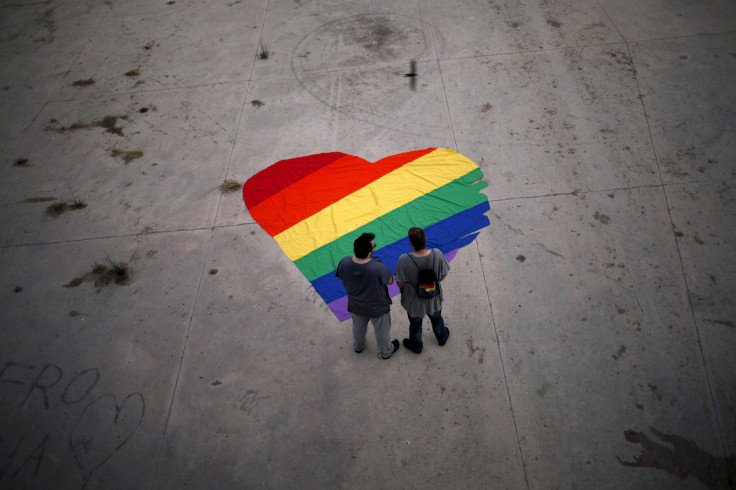Bisexual People Report Poorer Health Than Homosexuals And Heterosexuals: Study

A study of health status by Rice University, Texas, found that bisexual people have poorer health than homosexuals and heterosexuals. The research also found that bisexuals were deprived in social, economic and behavioral factors associated with a person's overall well-being.
"We developed this study both to examine the health of these different sexual minority groups and to assess how risk factors for poor health contribute to their overall health," lead author Bridget Gorman, a professor of sociology at Rice University, said, in a press release on Tuesday.
The researchers compared the self-reported health of 10,128 homosexual and bisexual adults to 405,145 heterosexual adults. The findings showed that 19.5 percent of bisexual men and 18.5 percent of bisexual women put their health in the "poor or fair" category, compared with 14.5 percent of heterosexual men and 15.6 percent of heterosexual women. In contrast, only 11.9 percent of homosexual men and 10.6 percent of homosexual women rated their health as "poor or fair."
The research team also noted that bisexuals had shortcomings on various social, economic and behavioral factors that affected their health. The results showed that just 26.5 percent of bisexual men and 32.1 percent of bisexual women were college graduates as opposed to 55.7 percent of gay men and 57 percent of lesbian women, and 37.9 percent of heterosexual men and 37.5 percent of heterosexual women.
"If bisexuals are minorities within the minority and experience unique and more extreme forms of discrimination, this might contribute to disparities in things like earnings, educational attainment, the propensity to smoke cigarettes and other factors that affect well-being," said co-author Justin Denney, director of the Kinder Institute for Urban Research's Urban Health Program and an assistant professor of sociology at Rice.
According to the findings, 23.8 percent of homosexual men and 21.9 percent of homosexual women smoked compared with 14.9 percent of gay men, 16.6 percent of lesbian women, and 11.1 percent of heterosexual men and 8.3 percent of heterosexual women.
"Our study illustrates the importance of examining health status among specific sexual minority groups, and not among 'sexual minorities' in the aggregate, since the health profile of bisexual adults differs substantially from that of gay and lesbian adults," Gorman said.
The study, titled "A New Piece of the Puzzle: Sexual Orientation, Gender and Physical Health Status," will be published in the upcoming issue of the journal Demography.
© Copyright IBTimes 2024. All rights reserved.






















